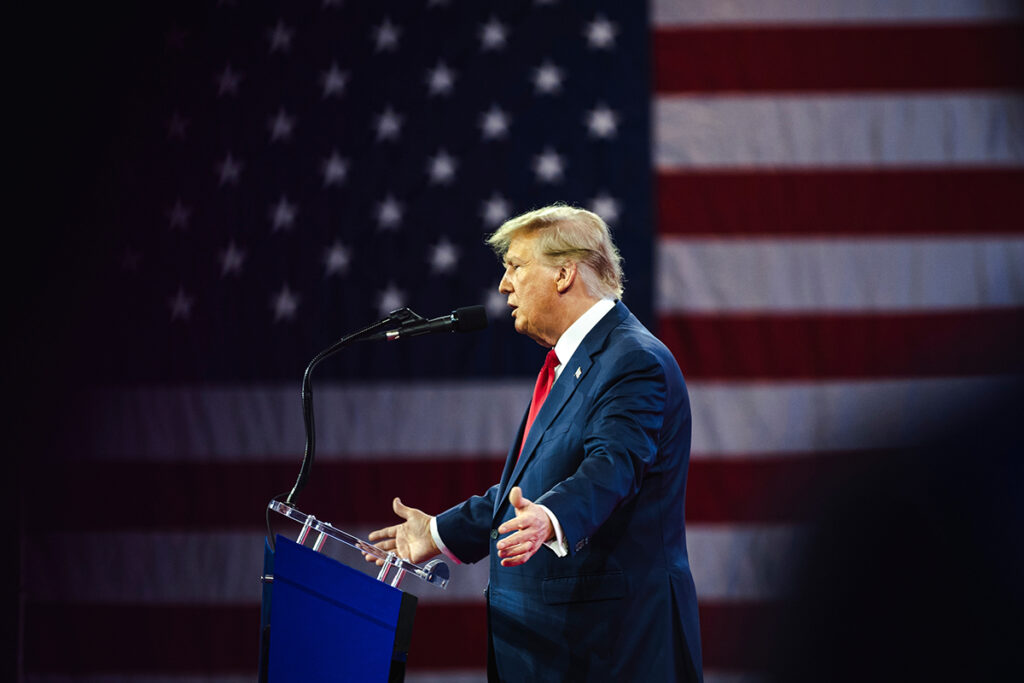Former U.S. President Donald Trump’s proposal to resettle hundreds of thousands of Palestinians from Gaza and transform the area into a tourist destination has triggered global criticism. The plan encounters significant political and diplomatic hurdles, with opponents condemning it as an effort to undermine Palestinian statehood aspirations.
Widespread Rejection from Palestinians and Arab Nations
Palestinians view Gaza as part of their homeland and have long sought an independent state including the West Bank and East Jerusalem. Many are descendants of refugees from the 1948 Arab-Israeli war who were displaced and denied return. Palestinian leaders strongly oppose the plan, calling it a direct threat to their national identity.
Arab nations, including Egypt and Jordan—both U.S. allies with peace treaties with Israel—have firmly rejected resettling Palestinian refugees, fearing regional instability. Saudi Arabia, along with the UAE and Qatar, has also dismissed the plan, reaffirming that normalization with Israel is only possible if a Palestinian state is established with East Jerusalem as its capital.
Threat to Ceasefire and U.S. Influence
Trump’s proposal could destabilize the fragile ceasefire in Gaza, which has enabled the release of hostages captured in the October 7, 2023, Hamas-led attack on Israel. Further releases are being negotiated, but Hamas has stated it will not free remaining hostages without an end to the war and full Israeli withdrawal.
Trump has used economic pressure to push policies before, but Arab leaders have leverage as well. Egypt has warned that any forced transfer into Sinai could threaten its peace treaty with Israel. Gulf states that provide aid to Egypt and Jordan could also counterbalance any U.S. economic pressure.
Mixed Israeli Response and Political Risks
Israel’s reaction has been mixed. Prime Minister Benjamin Netanyahu has shown willingness to consider the proposal, while other leaders emphasize the need to focus on hostage negotiations. The proposal has also stirred internal political tensions. Finance Minister Bezalel Smotrich, a far-right politician advocating Palestinian “voluntary emigration,” has threatened to leave Netanyahu’s coalition if military operations do not resume after the first phase of the ceasefire, which could trigger early elections.
A Negotiation Tactic?
Some analysts believe Trump’s proposal is a strategic opening move rather than a concrete plan. In past negotiations, he has made bold statements before scaling back in exchange for concessions. His administration previously considered Israeli annexation of parts of the West Bank but later abandoned it for a normalization deal with the UAE.
With strong resistance from Palestinians, Arab nations, and parts of Israel’s leadership, the feasibility of Trump’s plan remains doubtful. His upcoming meeting with Jordan’s King Abdullah II may offer more clarity, but for now, the proposal faces overwhelming obstacles and uncertain prospects.


